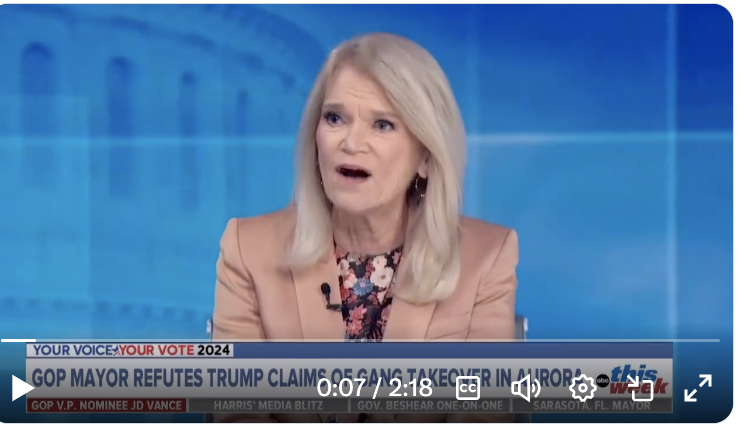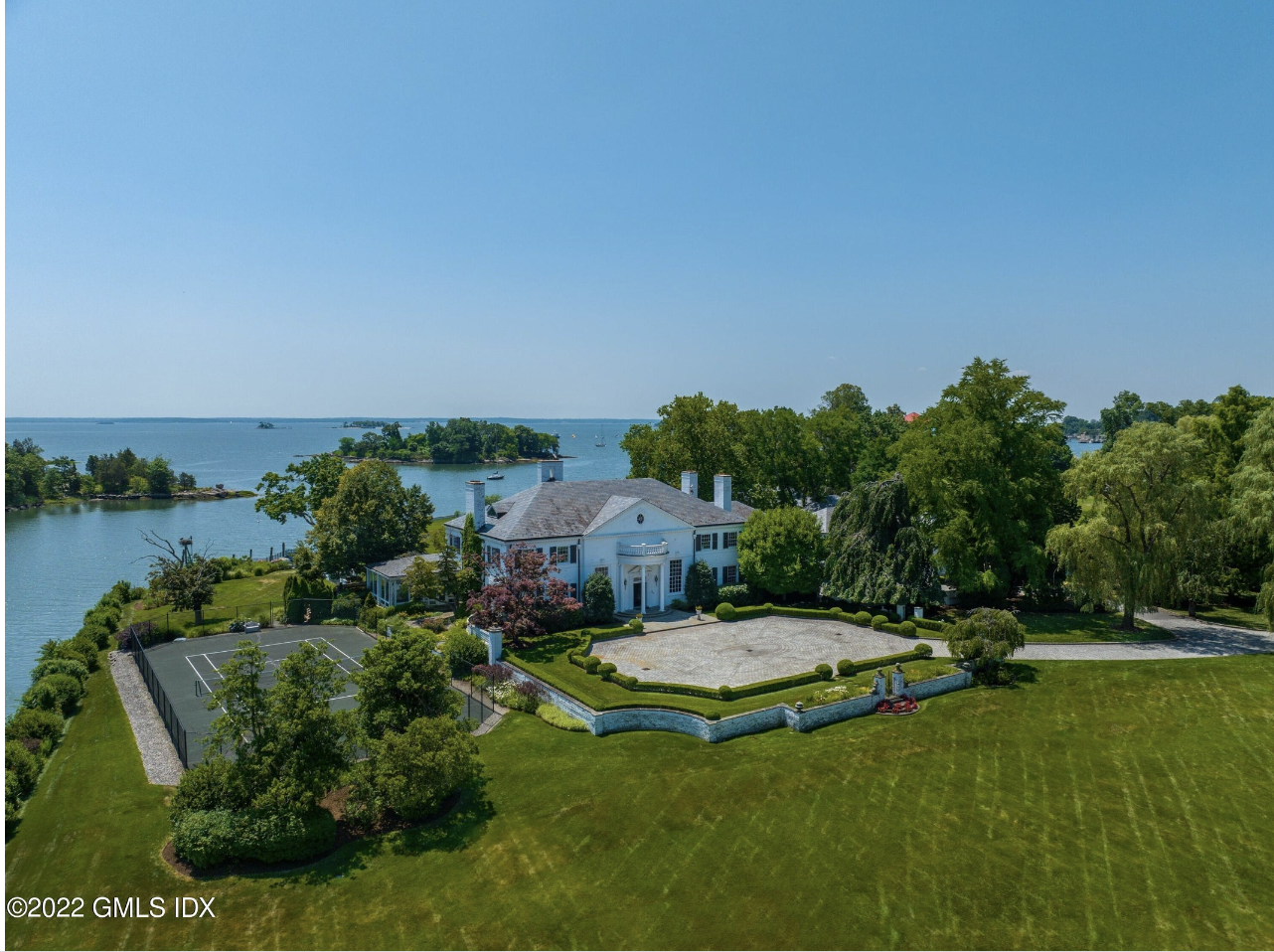Back when I practiced real estate law in the 80s, clients who were already stretching to afford their purchase often balked at paying an extra premium for homeowner’s title insurance, and wanted to just buy the cheaper “lenders’ insurance required by their bank instead (lenders’ policies are limited to the amount of the loan itself because, shockingly, banks only care about getting their money back, not yours.)
I would caution those recalcitrant buyers that they were making a mistake trying to save a few hundred dollars (1980 prices; certainly higher now) by foregoing their own protection. A fence on the wrong side of the property line can be corrected at small expense, and the lender’s policy will cover that, but what if the entire sales transaction was a fraud, and the happy new home buyer learns that seller still owns the house? Assuming a typical 80/20 mortgage arrangement, the bank can get back its 80%, but the buyer’s left sucking wind on the remainder. Or, worse, raw land is purchased and a house built on it, with a title policy that only covers the lender’s loan for the purchase price of the land itself? It happens, and it’s happening more frequently — here’s some of the story from the opening headline above:
A couple received the shock of a lifetime after discovering their million-dollar retirement plot in Massachusetts had been stolen and sold by scammers right under their noses.
Dr. Omar Jaraki and his wife, Halla, bought 1.84 acres of undeveloped land worth $1 million in Concord back in 1991 - where they planned to build a family home to enjoy their retirement.
But when the couple called town hall looking for their annual tax bill in August, they were told that the future retirement plan had been sold for about half its worth.
According to a fraud lawsuit filed by the couple, a scam artist used a counterfeit driver's license, passport and fake email address of Halla to dupe a local real estate agent and two other experienced real estate attorneys into letting them steal the land in 2023.
The empty plot was reportedly advertised as 'a great opportunity to build your dream home in the ultra-exclusive, sought after and prestigious Mattison Farm neighborhood. One of the only remaining lots and nestled on a 1.84 acre parcel. Close proximity to Concord & Nashawtuc Country Club'.
An unsuspecting buyer has since done just that, erecting an almost-completed home on the plot that they'll almost certainly lose.
The scammers priced the plot at $699,900.00, well below its value.
An unwitting buyer put in an offer of $525,000.00, which was erected - and construction began soon after.
….
Richard Vetstein, the couple's attorney noted: 'The minute I saw this deed, I knew it was a forgery. You just can tell by looking at it. Just the handwriting, it looks off. There were so many other red flags.
'A quick half a million for a counterfeit driver's license and passport and sending a couple of emails. That's a day's work.'
Officials also noted that the fake South Carolina driver's license of Halla did not look 'anything like a real one' and oddly, the fake United States passport of her had the same photo as the driver's license.
'That's not possible because license photos are taken at the Department of Motor Vehicles. The woman in the fake ID's looks nothing like Halla Jaraki.
'This is a disaster. It's not only for us but for other people like it's going to happen to them,' the attorney exclaimed.
The law is on the Jarakis side and they'll almost certainly get their plot back.
It is unclear what will happen to the unfortunate people who paid the scammers believing they were buying it.
A settlement may also be reached that allows the new buyers - who have not been identified - to stay there, if they can afford the extra outlay.
'They're definitely going to get their property back. I think the only question is, what do we do about the house? There's kind of two ways to go. They can deed the property back to the owners or there can some sort of financial settlement,' Vetstein said.
According to the lawsuit, which is filed against the 'new' owner and the lawyers involved in the scam, the couple are seeking damages, attorneys’ fees and costs against each of the accused.
Deed fraud is increasingly becoming a big deal — readers may recall the case of the doctor who discovered a house being built on his land in Fairfield by an innocent party who’d been sucked with a phony. It settled this past July, with the home builder buying the house again, one hopes with insurance money, but such cases are no longer unusual.
The Realtor Association published an article on this subject earlier this year:
…. [A]ny type of home deed, including more traditional warranty deeds, can be forged by increasingly sophisticated criminals, says David Fleck, a real estate fraud attorney based in Southern California.
“Twenty-five years ago, it wasn’t easy to forge documents. Now, literally every computer has the technology to create a believable forgery, and you can buy a fake notary stamp online. So the technology has very quickly gotten ahead of the systems we have in place to prevent this,” warns Fleck.
…
According to Fleck, the only true protection against title theft is through a specific type of policy, offered by any major insurer, known as a Homeowner’s Policy of Title Insurance. (This is not to be confused with the similarly named Owners Policy of Title Insurance.)
Under covered risks, the policy should include language to the effect of “Someone else claims to have rights affecting Your Title because of forgery or impersonation,” according to a policy template provided by the American Land Title Association trade association.
“All title insurance companies, all the big ones, now offer it,” says Fleck. “Some of them don’t even know they do.”
While traditional title insurance policies protect against fraud prior to the purchase of a property, the Homeowner’s policy adds protection for home title theft after you own the property, says Fleck.
“This is important because if you’re a victim of title theft, a quitclaim deed fraud, or any kind of deed fraud, you just make a claim to your title insurance company, and they handle it for you—and that’s it,” he says.
While insurance also can’t prevent deed forgery in the first place, Fleck says, the right policy will eliminate expense and hassle for the homeowner by putting the onus on the insurance company to resolve the phony title claim in court.
For the illiterate readers of this blog, here’s a video you can watch, instead of struggling through reading this post:















